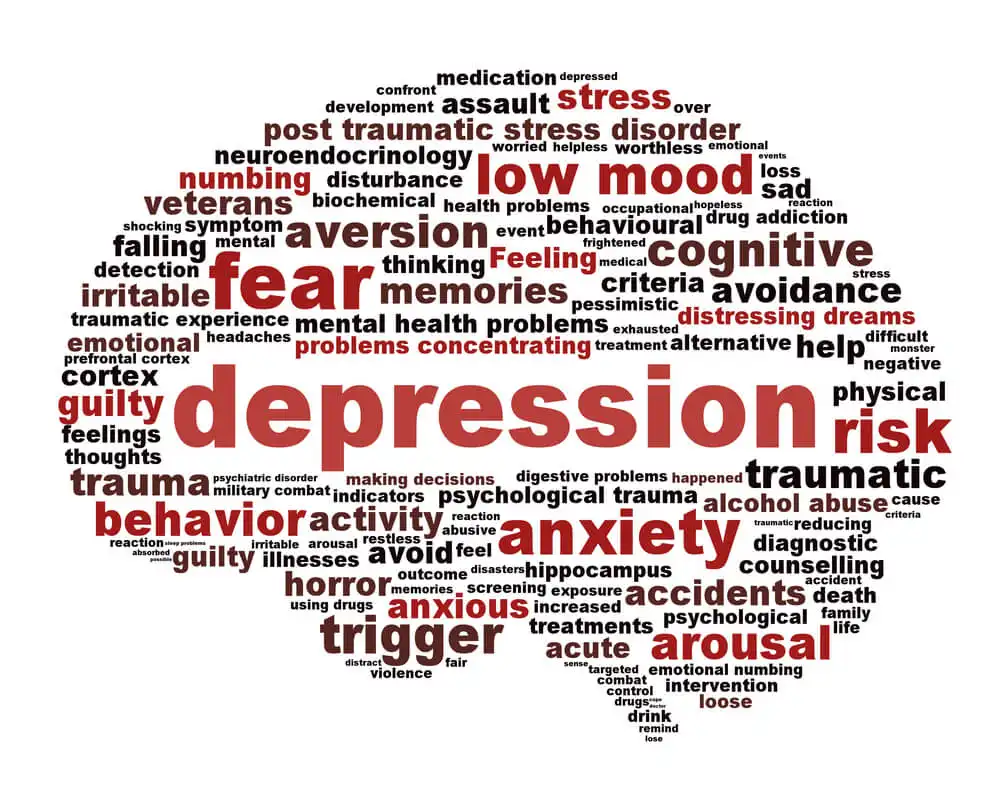In today’s world, many people face an illness called depression. Depression is widespread in today’s world. So, how can you cope with depression? In this article, we share 11 ways to cope with your depression.
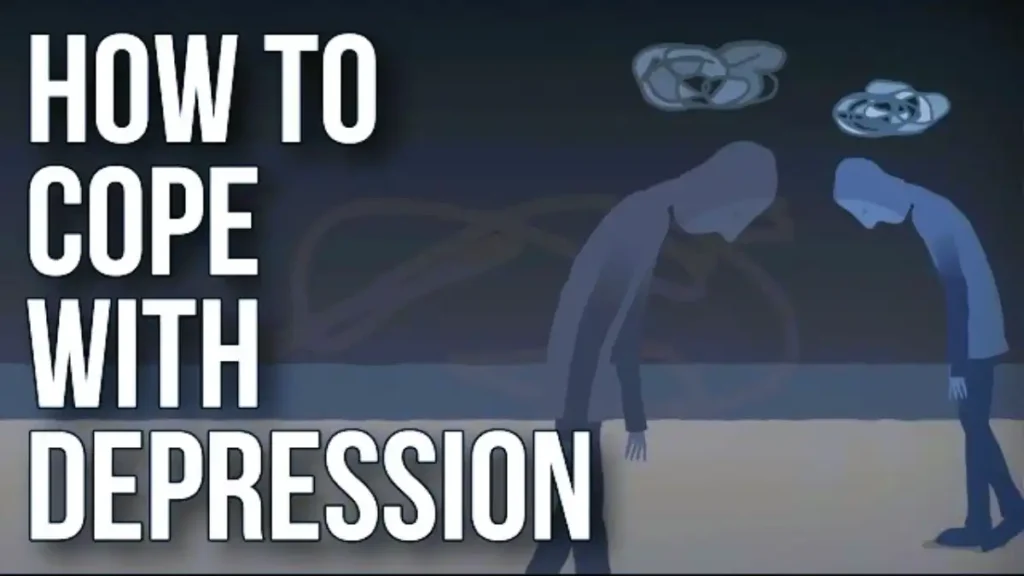
How To Deal With Depression?
A person may be suffering from clinical depression if they experience persistent, strong feelings of melancholy or lose interest in activities. Major depressive disorder is another term used to describe this illness.

However, there are little actions you can do to enhance your sense of well-being and give yourself more agency in your life.
11 Ways To Cope With Your Depression
1. Meet yourself where you are
Millions of people suffer from depression, some of whom may be in your life. You might not realize how similar their problems, feelings, and difficulties are.

Having an honest, loving, and accepting relationship with yourself and your experiences is one of the ways to overcome depression.
2. Consider a walk around the block
It may seem like the last thing you would want to do to work out on days when you feel like you can’t get out of bed. However, exercise and physical activity can help reduce symptoms of depression and improve energy levels.
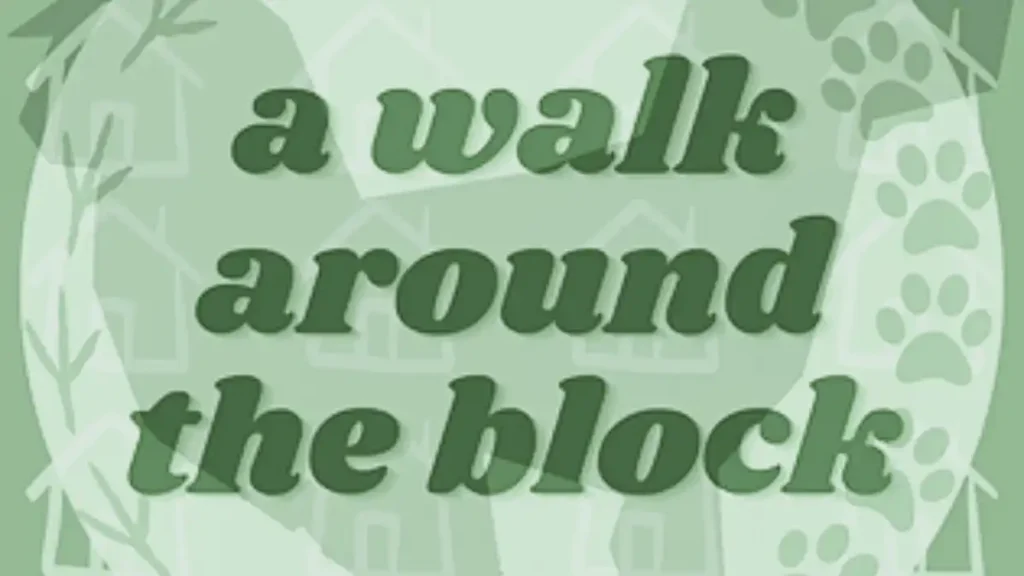
According to research, exercise may be just as helpful for some people in reducing the depression symptoms as medicine.
Consider whether you would be willing to go against your mood’s advice, even if it means it takes more energy or you feel incapable of doing so. Instead, give yourself a modest objective, like circling the block.
3. Know that today isn’t indicative of tomorrow
Thoughts and feelings within can fluctuate daily. You can help yourself remember this by journaling about your experiences or by maintaining a mood diary.

If you are not able to get out of bed or reach your goals today, So always keep in mind that you have tomorrow to complete it. Your self-care for depression always works.
Allow yourself to acknowledge that although there will be challenging days, there will also be easier days. Make an effort to anticipate tomorrow’s new beginning. These things help you to cope with your depression.
4. Assess the parts instead of generalizing the whole
Depression can tinge recollections with difficult emotions. You may start concentrating on things that seem hard or useless. Try to stop this overgeneralization. Push yourself to recognize the good.

Jot down the things that you thought were most important about the day or event, if that helps. You may keep tabs on your fun activities and daily achievements.
Recognizing how much weight you place on any one item can help you shift your focus away from the big picture and toward the important details. This is one of the important coping strategies for Depression.
5. Do the opposite of what the ‘depression voice’ suggests
Your mind’s automatic, unhelpful voice could dissuade you from practicing self-help. If you can recognize this voice, though, you can learn how to get over it. Dealing with depression is hard but a little bit of self-help always helps you to fight with depression.
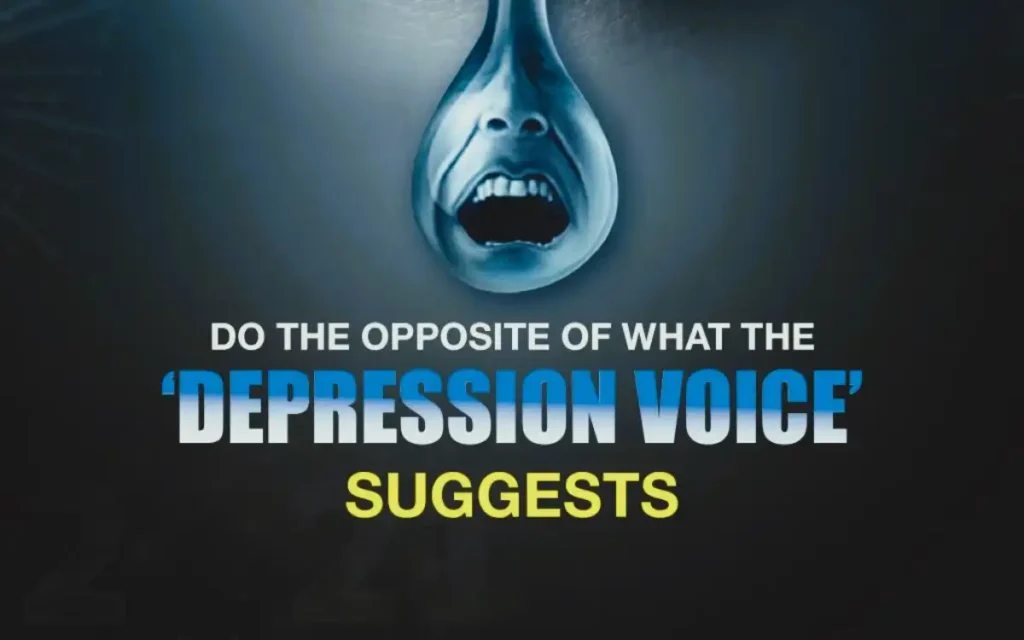
If you don’t think an event will be worthwhile or enjoyable, you should convince yourself, “You might be right, but it’ll be better than just sitting here another night.” You might quickly discover that automatic thought isn’t always beneficial.
6. Set attainable goals
Consider creating small goals instead of creating a long list of things to do. Setting and meeting these goals can increase motivation by making one feel in charge and successful.

Attainable goals may include:
- Don’t clean the house; take the trash out.
- Sort the laundry piles and save them for later rather than doing the entire stack.
- Just respond to any urgent emails; don’t empty your entire inbox.
Once you’ve completed a small task, focus on another one, and then another. In this manner, your to-do list remains unfinished and you have a list of concrete accomplishments. This is also one of the ways to Help Yourself Through Depression.
7. Reward your efforts
One of the good depression treatments is to reward every small effort. Every accomplishment is worthy of celebration, and every goal deserves acknowledgment. When you accomplish a goal, do your best to recognize yourself.

Even though you might not feel like throwing a party with cake and confetti, acknowledging your accomplishments can help offset the negative effects of depression.
When it comes to countering negative self-talk and oversimplification, the memory of a job well done may be especially effective.
8. Create a routine
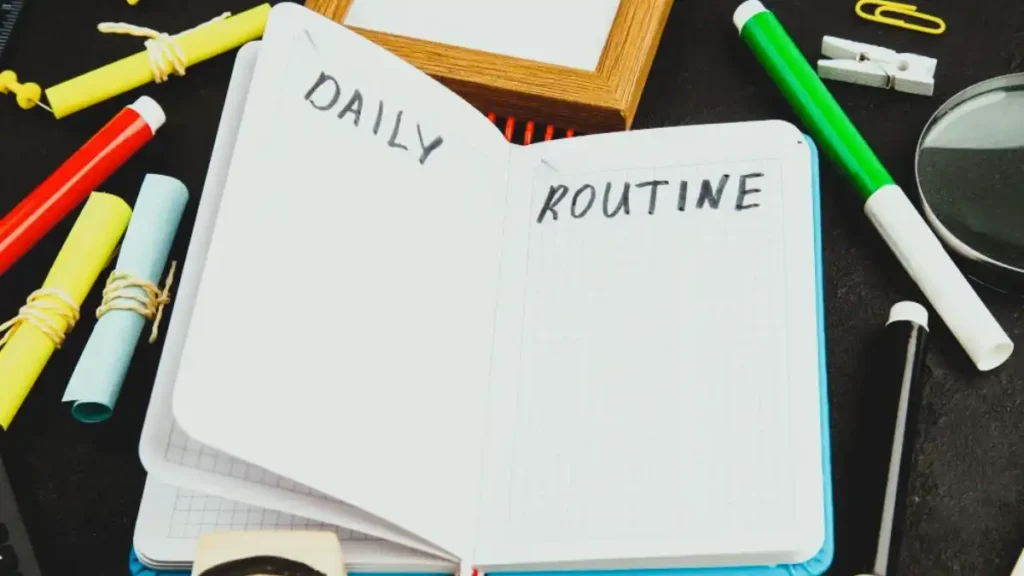
A moderate timetable could help you feel in control if your everyday activities are disrupted by depressive symptoms. These plans don’t have to show an entire day. Focus on creating a flexible yet regimented schedule to help you keep your daily pace.
9. Do something you enjoy
Depression may force you to succumb to exhaustion. It may feel more intense than your most preferred emotions. This is one of the effective coping skills for depression.
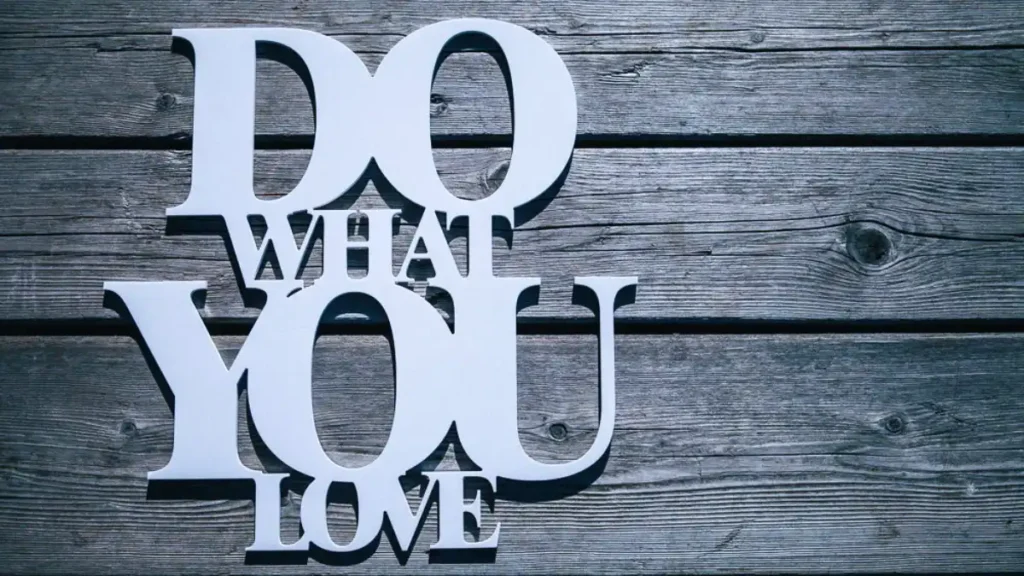
Make an effort to push back and take part in things you are passionate about and find enjoyable or fulfilling. It could be playing an instrument, biking, hiking, or painting.
Engaging in meaningful activities elevates your mood or energy level, which may motivate you to continue with activities that assist with symptom management. In this way, you help yourself to cope with your depression.
10. Listen to music

Research shows music can improve your mood and symptoms of depression. When played in a group context, like a band or musical ensemble, music can be very helpful. You can also reap some of the same rewards simply by listening.
11. Spend time in nature
Spending time in nature has a profound effect on how someone feels. Studies indicate that taking walks in the natural environment can help those with clinical depression feel less depressed.

Spending time in green areas may enhance mood and cognitive function while reducing the likelihood of mental health issues. However, little is known about how exposure to nature directly affects people who suffer from clinical depression.
Think of going for a stroll in the park or amid the trees during lunch. Or plan a weekend hike. With all these things you can overcome your depression naturally.
Read also: 10 Reasons Why Beer Is Not Bad for You: Debunking Myths











